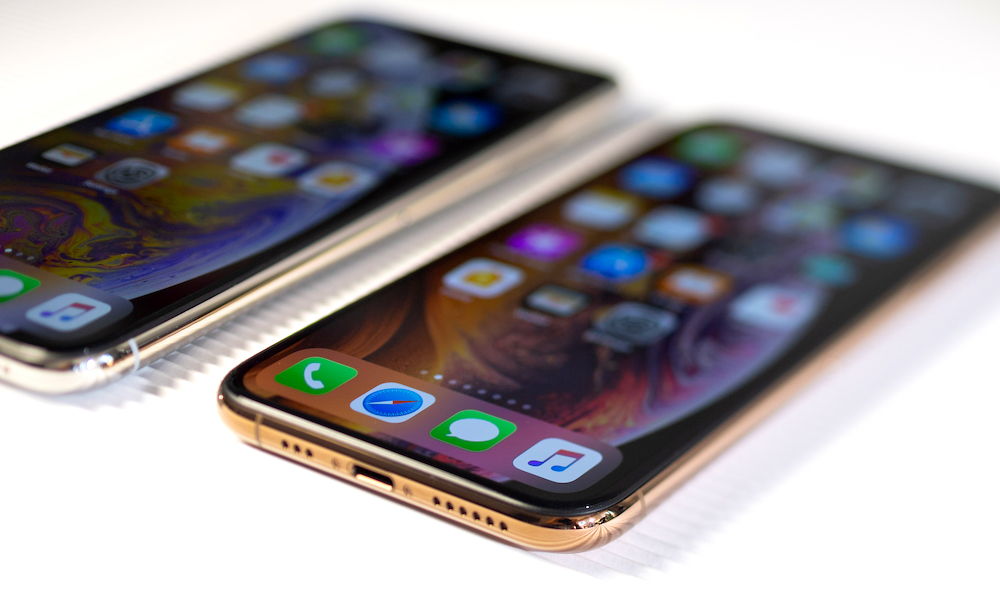iOS 13.1 May Throttle iPhone XS, XS Max and XR Performance
 Credit: Hadrian / Shutterstock
Credit: Hadrian / Shutterstock
Toggle Dark Mode
Apple’s performance management feature has gotten the company in trouble in the past. But despite the controversy, Apple will continue to throttle iPhones going forward.
The company recently updated its iPhone Battery and Performance support document to include the following snippet: “iPhone XS, iPhone XS Max and iPhone XR include (the power management feature) starting with iOS 13.1.”
And while the iPhone 11 and iPhone 11 Pro are too new to warrant performance throttling, Apple has released a separate support document detailing how the new generation of iPhones will be less prone to problems from battery degradation.
It’s worth noting that Apple’s power management feature appears to be an iPhone-specific mechanism. According to Apple, it doesn’t apply to any other Apple products — even if they use lithium-ion batteries.
Why Does Apple Keep Doing This?
As we’ve covered extensively in the past, performance throttling and power management are inherently good ideas that counter an unavoidable problem with smartphone batteries.
All lithium-ion batteries naturally degrade over time, which can cause problems during times of higher power usage. That commonly results in a device randomly restarting itself — aka, an unexpected shutdown.
By slowing down top performance, Apple is able to avoid putting too much strain on a battery during those times of peak power draw. That mitigates unexpected shutdowns.
Interestingly, back in 2017, Apple told U.S. legislators that the iPhone X and iPhone 8 lineup had new hardware features that help the platform “anticipate and avoid an unexpected shutdown.”
While that may have been the case, it appears that some type of performance management system is still going to be added to iPhones as they age for the foreseeable future.
Apple has taken steps to avoid future battery-related controversies, however. It included a new mechanism in iOS 13 that could help reduce battery aging, and its iPhone 11 and iPhone 11 Pro devices sport the aforementioned hybrid software-hardware feature to improve performance as batteries age.
How Can I Stop It?
You can’t stop your battery from aging, which means you’ll either run into unexpected shutdowns or performance throttling over time. Luckily, Apple has given users a choice to prioritize one over the other.
If your iPhone experiences an unexpected shutdown, you can navigate to Settings > Battery and disable performance management. (You should only be able to see this setting if your iPhone had experienced an unexpected shutdown.) Your iPhone’s speed won’t be reduced, but you may see more unexpected shutdowns in the future.
The only way to fix an aged or degraded battery (and the problems it creates) is to swap it for a new one. That’s a free repair if you’re under warranty or AppleCare+, but it costs either $49 or $69 out of warranty, depending on your iPhone model.
In the meantime, you can take care of your iPhone’s battery to help reduce the rate at which it ages.






